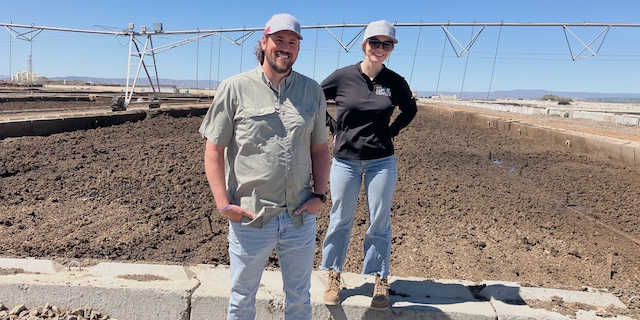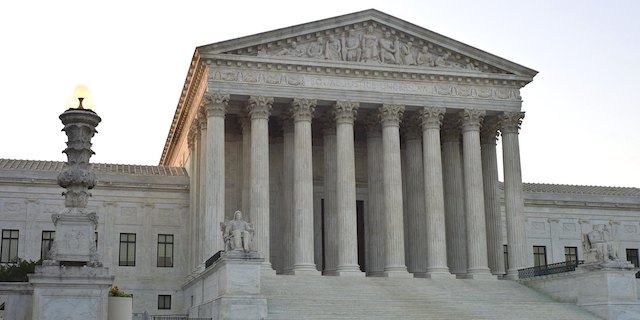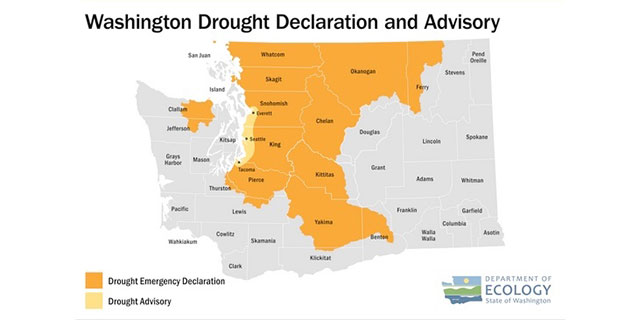Washington farm groups gain concessions on housing rules
Published 5:00 pm Wednesday, April 21, 2021

- Cargill to pay $70,000, plus legal fees, to Washington environmentalists
YAKIMA, Wash. — A judge’s ruling April 21 chipped away at COVID-emergency farmworker housing rules, tossing out several provisions at the request of farm groups.
Yakima Superior Court Judge Blaine Gibson didn’t address limits on using bunk beds, the farm groups’ biggest complaint. Still, the ruling was progress in changing obsolete restrictions, Washington Farm Bureau CEO John Stuhlmiller said.
“This suit has caused the state to face the reality of unworkable rules,” he said.
The Farm Bureau and Wafla, a procurer of foreign farmworkers, are suing the Departments of Health and Labor and Industries.
The suit alleges the state agencies are abusing their powers by repeatedly renewing emergency rules without consulting the public or taking into account the fact that farmworkers are being vaccinated.
The emergency rules expire May 8, but can be renewed for 120 days. The agencies haven’t indicated whether they will keep the bunk-bed rule, which slashes housing capacity by half in some cases.
Health Department spokeswoman Ginny Streeter said in an email the agency would not comment on what might or might not be in the new rules.
Wafla CEO Dan Fazio said bunk beds should be allowed if workers have been vaccinated. Keeping the rule in place after that punishes farms who hire and must house H-2A workers, he said.
Stuhlmiller said he would be “happily surprised” if the agencies dropped bunk-bed restrictions.
“They’ve shown no evidence of going in that direction,” he said.
The Farm Bureau and Wafla sued in Yakima County, the heart of Washington’s agricultural industry. Gibson granted a motion by the state to move the case to Thurston County, where challenges to state rules written in Olympia are routinely heard.
Before letting go of the case, Gibson said the state couldn’t require twice-daily house calls on infected workers by a medical professional.
Gibson also put on hold requirements to isolate sick workers within 20 minutes of life-saving treatment and within one hour of a hospital with ventilators.
The state already had conceded in court filings that those requirements are not needed. The state didn’t plan on enforcing them anyway, Assistant Attorney General Elliott Furst said.
Gibson observed his ruling was “not likely to have a whole lot of effect on anybody.”
Still, Fazio said the suit has forced state agencies to back off a few impractical rules.
“If we hadn’t gone to court, they would have just rolled over the emergency rules,” he said. “They know we’re not going to take this.”
Labor and Industries and the Department of Health set the emergency housing rules last May to respond to the pandemic.
L&I announced in September the state would take public comments and write a permanent rule to replace the emergency rule. The agencies have yet to propose a permanent rule.
They will have their first public meeting April 26 to take comments on what the rule should cover, an early step in writing a rule.
“They haven’t talked to us about it,” Stuhlmiller said. “We in the ag sector are frustrated.”






